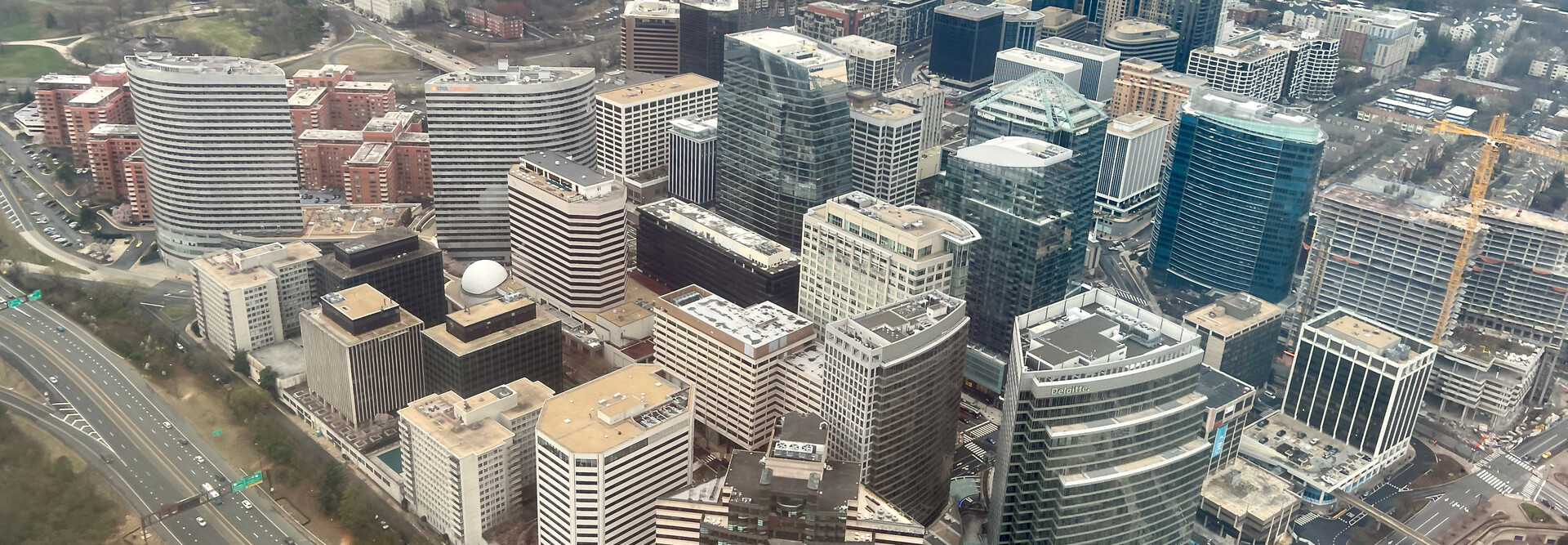Cost pressures pushed Arlington toward open-source and smaller, domain-specific language models instead of relying solely on commercial generative AI services, Herlihy added. “Instead of having this monolithic LLM, it’s becoming more and more hyperfocused and personalized because of the cost and the need to be specific for data accuracy and usability,” he said.
The county is also partnering with Microsoft to explore Copilot-style AI assistants for specific departments, such as the fire service, Herlihy said, though he added that those projects may roll out more slowly than he at first hoped.
Hartford Blends New AI Tools With Training to Cut Delays
Hartford is taking a more hybrid path, blending purchased tools with internal capacity-building. Chief Innovation Officer Charisse Snipes said the city has gone to bid on an AI-powered plan review system meant to reduce the large volume of rejected permit applications. “This tool is very expensive,” she noted, so an internal training program will be essential to maintain it after the vendor buildout.
Hartford is also piloting AI within the city’s 311 mobile app, Snipes said, which residents use to report problems. “They have their cellphone, they can just take a picture. It tells them the location, and it’s just going to streamline the process,” she said. The city is also rolling out security tools that flag phishing attempts directly in users’ inboxes to curb risky clicks.
Culture change, Snipes emphasized, is at least as hard as the technology. Hartford is migrating from Microsoft 365 to Google Workspace in partnership with Google, a shift that has drawn strong reactions from staff.
“So many people have been with the city for over 20 years, and they don’t like change,” she said. Her team is responding with one-on-one training and internal “champions” for new platforms. “Just changing the mindset has been a task,” she added.
READ MORE: State and local governments brace for the transformational impact of AI tools.
Green Bay Builds Data Foundations to Improve Performance
In Green Bay, Bloomberg Harvard City Hall Fellow and head of innovation Ishu Gupta is focused on getting the basics right before layering on advanced AI. When he arrived, the city had “a very ambitious plan,” he said, but lacked a comprehensive view of its data.
“One of the topmost priorities was, we wanted to build a performance management framework for the city,” he said. To do that responsibly, his team first built a citywide data inventory, formed a data governance committee and began auditing and standardizing data sets.
“We don’t want to work for AI, we want AI to work for us,” he added, stressing the need to understand processes without automation before redesigning them with it.
Gupta said many Green Bay staff initially treated AI as a “superintelligent force,” rather than another technology that requires human guidance. Reframing AI as augmentation instead of replacement has helped departments become more willing to share data and collaborate on projects. That shift is critical, he argued, as every organization “is going to be a tech organization in the next decade.”
DISCOVER: Chatbots remain the top government AI use case.
Cities Tame Shadow IT and Empower Staff
All three cities are grappling with fragmented systems and shadow IT. Gupta cited Green Bay’s fleet operations, where 10 different software tools are used across departments, making it nearly impossible to assemble a complete picture of vehicle data. Herlihy described Arlington’s answer: designating product owners in departments who act as the “voice of the customer” and help avoid duplicative purchases while coordinating with central IT.
Snipes is pursuing a similar approach in Hartford, using digital readiness assessments to identify employees who want to champion new tools. The city already has about 50 such champions, she said, cutting across generations and job roles.
Whether they are building AI assistants, issuing requests for proposals for specialized tools or wiring up free citywide Wi-Fi in low-income neighborhoods, the officials agreed that digital transformation will succeed only if residents can access services, and employees trust the systems behind them.
“We’re doing small pieces,” Snipes said of Hartford’s AI journey. “The mayor wants to do AI — that’s all he wants to do — so it’s like, okay, all right, we’ll do it,” she joked, adding that strong internal governance and training are what will ultimately make those ambitions real.











